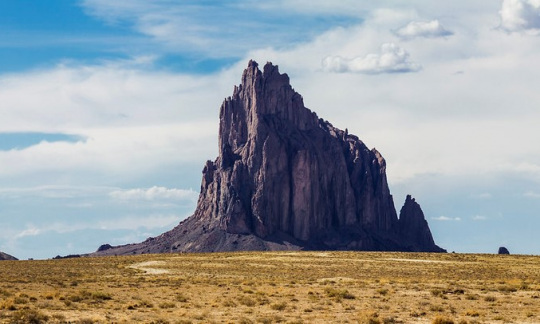
- Details
- By Native News Online Staff
WASHINGTON – Through Secretary’s Order 3400, Interior Secretary Deb Haaland on Tuesday removed restrictions set in place by the Trump administration last year to allow restoration of tribal homelands and reinstated policies that promote the federal government’s obligation to tribal nations.
The Secretary’s Order withdrew two Dept. of the Interior Solicitor’s Opinions issued last year without tribal consultation, which replaced a 2-part process and interpretation of the meaning of “under federal jurisdiction” under the Indian Reorganization Act following the decision in Carcieri v. Salazar with a new, arduous 4-part process.
“At Interior, we have an obligation to work with tribes to protect their lands and ensure that each Tribe has a homeland where its citizens can live together and lead safe and fulfilling lives,” Interior Secretary Deb Haaland said. “Our actions today will help us meet that obligation and will help empower Tribes to determine how their lands are used — from conservation to economic development projects.”
Tribes maintained the delays caused increased costs to develop housing projects, manage law enforcement agencies and develop local economies as a result of unnecessary hurdles in the land-into-trust process.
“The patchwork of landholdings within existing reservation boundaries can make it difficult to develop coherent law enforcement and regulatory policies on reservations, restricting the ability to sustain community and economic development,” Principal Deputy Assistant Secretary – Indian Affairs Bryan Newland said. “These important actions are a step in the right direction to restore homelands that will strengthen Tribal communities.”
Today’s announcement was met with support from the United South and Eastern Tribes, Inc.- Sovereignty Protection Fund (USET SPF).
“Our homelands are essential to the exercise of Tribal sovereignty, cultural identity, and the foundations of our economies,” USET SPF President Kirk Francis said. “And placing land into trust on behalf of Tribal Nations is foundational to the federal government’s trust and treaty obligations.
Federal policies dating back more than a century have eroded the land base of Indian Tribes across the United States. By placing lands into trust status through the Department of the Interior, tribes are able to reacquire lands within or near their reservations, establish a land base for Tribal communities and clarify jurisdiction over their lands.
“Secretary Haaland’s actions to reduce undue burdens imposed by the prior administration and honor Tribal consultation in the land into trust process is a good start,” Senate Committee on Indian Affairs Chairman Bryan Schatz (D-HI) said in a news release. “Rebuilding and consolidating Tribal homelands supports not only Native cultures, languages, and communities, but also Tribal businesses that help make economies for both Tribes and surrounding communities thrive. But Tribes need certainty, so I support legislative efforts to restore Tribal homelands and strengthen Tribal communities.”
More Stories Like This
Native News Weekly (August 25, 2024): D.C. BriefsNavajo Nation Gaming Enterprise Marks Problem Gambling Awareness Month With $3.4M in Support
Cheyenne River Youth Project to Celebrate Women’s Strength at Barbie-Themed Passion for Fashion on March 14
Celebrating Native American Women
Native Bidaské: The Illusion of Freedom and the Myth of America 250, Leonard Peltier Speaks Out
Help us defend tribal sovereignty.
At Native News Online, our mission is rooted in telling the stories that strengthen sovereignty and uplift Indigenous voices — not just at year’s end, but every single day.
Because of your generosity last year, we were able to keep our reporters on the ground in tribal communities, at national gatherings and in the halls of Congress — covering the issues that matter most to Indian Country: sovereignty, culture, education, health and economic opportunity.
That support sustained us through a tough year in 2025. Now, as we look to the year ahead, we need your help right now to ensure warrior journalism remains strong — reporting that defends tribal sovereignty, amplifies Native truth, and holds power accountable.
 The stakes couldn't be higher. Your support keeps Native voices heard, Native stories told and Native sovereignty defended.
The stakes couldn't be higher. Your support keeps Native voices heard, Native stories told and Native sovereignty defended.
Stand with Warrior Journalism today.
Levi Rickert (Potawatomi), Editor & Publisher

